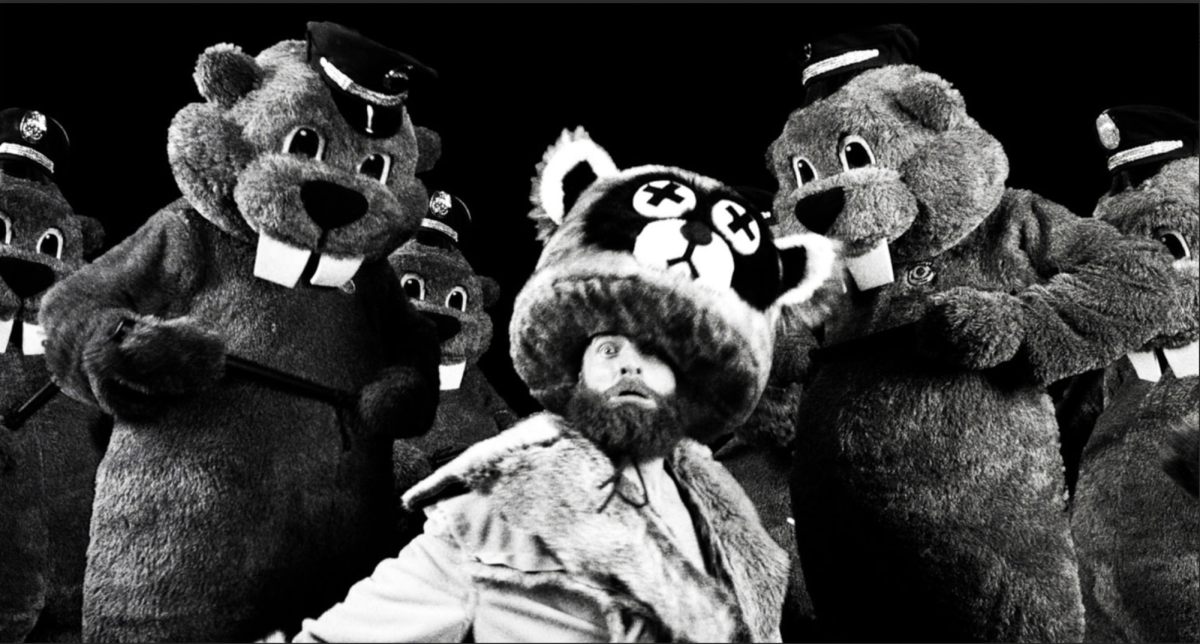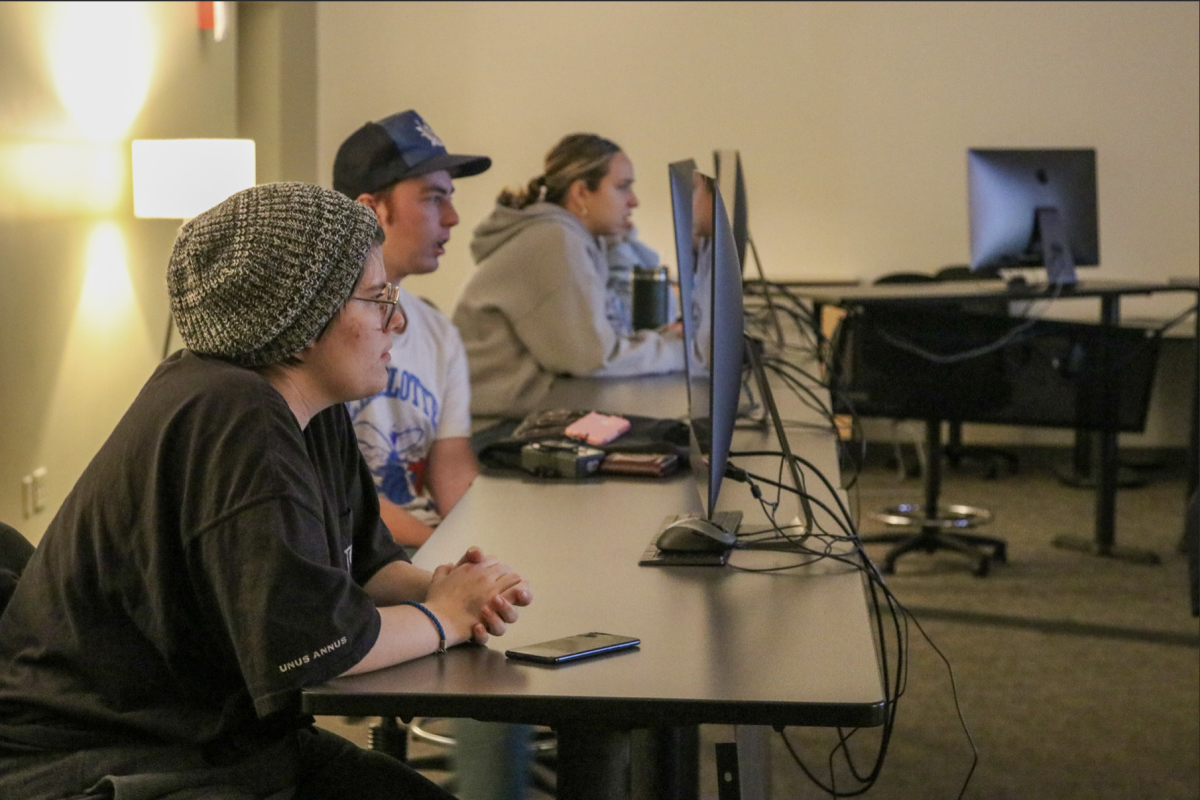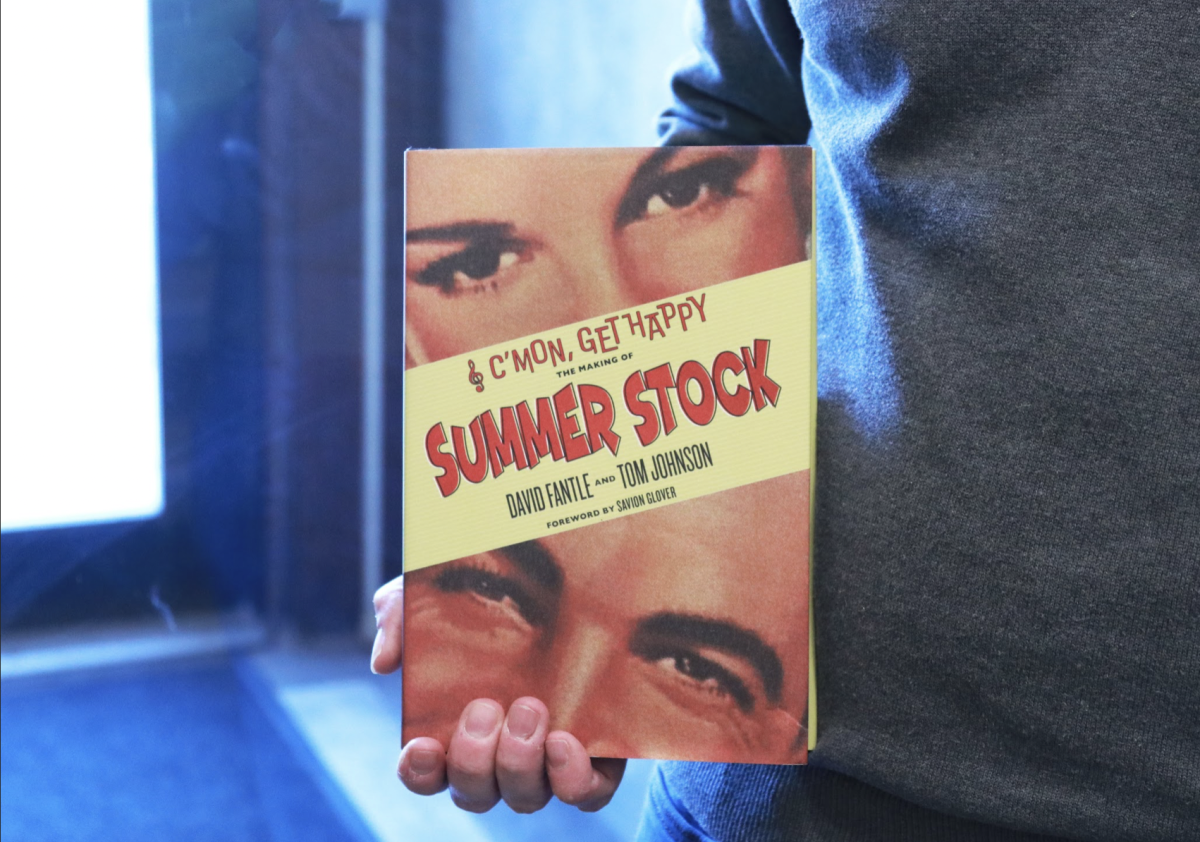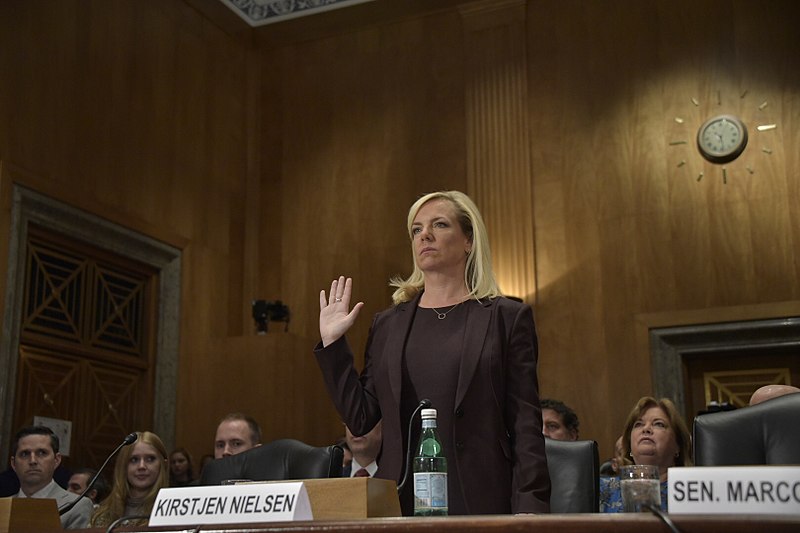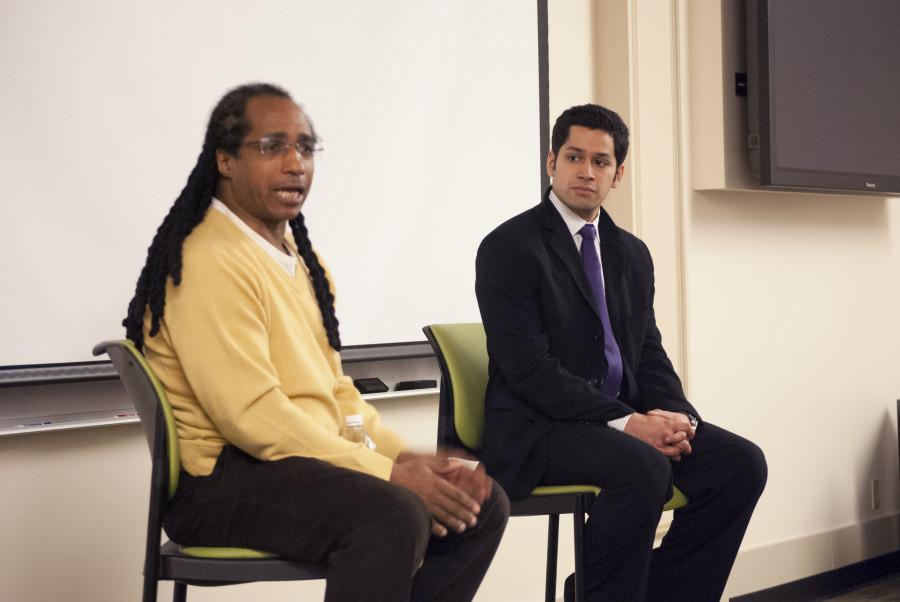
Each year, thousands of migrants from Mexico and Central America make the dangerous trek from their home countries to the United States seeking a better life. Their journey across Arizona’s Sonoran desert is extremely dangerous, and many do not make it.
Since 1998, more than 2,000 dead bodies and skeletal remains have been found in the Sonoran Desert between the Mexican border and Tucson, Ariz.
Award-winning director Marco Williams shares their stories and struggles in his documentary, “The Undocumented,” which he will present and discuss at Marquette in Johnston Hall at 5 p.m. on Monday, Feb. 11.
Williams, a professor of film at New York University, was inspired to learn more about the perilous journey of these migrant workers in 2008 after hearing a particularly moving story on NPR. A radio journalist in Tucson volunteered to help a woman who crossed the border a few months earlier find a family member who had gotten lost on the way. Despite their extensive desert search, this family member could not be found and was presumed to be dead among the thousands claimed by the Sonoran.
“To lose a family member like that is devastating,” Williams said. “It happens more often than people think.”
In Jan. 2009, Williams set off to Arizona to gather initial research. What he saw was troubling. When the 12 foot wall between the U.S. and Mexico was constructed in 2008, many migrants did not give up attempts to cross the border. Instead, they began crossing the unguarded but treacherous mountain regions, causing a dramatic increase in the migrant death toll.
“I was very committed to bringing this story to television because it’s a narrative that a lot of people don’t know about,” Williams said.
Williams returned to Tucson later that summer to continue filming, this time working with the U.S. Border Patrol, the Pima County Medical Examiner, the Mexican Consulate of Tucson and the Human Rights Coalition to chronicle the perils of the migrant journey.
“The four organizations work separately but like an assembly line,” Williams said. “They do their jobs with dignity and professionalism.”
Williams also explained that many members of these organizations try to help the migrants and make their journey safer “by giving food, water and first-aid.”
In addition to chasing down illegal crossers and providing assistance to migrants in the desert with Border Patrol, Williams worked with Tucson medical examiners to identify the bodies of those who did not survive the journey.
“(Dealing with the remains is) very explicit and very graphic, but if it’s done right, it has the potential to impact viewers,” Williams said.
Border Patrol constantly comes across bodies while making their rounds, but rather than leave them in the desert, they deliver them to the medical examiners, who work to identify the remains and return them to the deceased’s family.
Williams joined in on the journey to Mexico, where he learned more about the migrants’ background.
“I met various families in Mexico and discovered that we, as Americans, stereotype,” Williams said. “(The migrants) come from poor indigenous groups, but there are also many middle-class families from Mexico City, too. Many different people make the journey.”
Williams was also able to speak with the family members of those who passed.
“They were very generous with their time. A lot of them know others who have crossed the border or had done it themselves at one point.”
Today, people from Mexico and Central America still try to cross the U.S. border, and Williams believes they will continue to do so.
“There’s a saying in Mexico that ‘When you build a 12 foot fence, people will buy a 14 foot ladder,’ and its true. People will still try to cross,” he said.
The problem faced by Mexican migrants is a complicated one with no clear-cut solution, but Williams believes Marquette students can nevertheless make a difference. Williams encourages interested students to get involved with the government by writing letters asking for a change in policy.
There are also Tucson-based organizations like Samaritans, No More Deaths and Border Links that provide food, water and medical attention to migrants, all of which are currently asking for donations and volunteers to help continue their efforts.
“The U.S. is militarizing the border to protect against terrorists, but a lot of people trying to cross are just middle-class migrants trying to make a living,” Williams said. “This is a human rights issue that needs awareness.”


